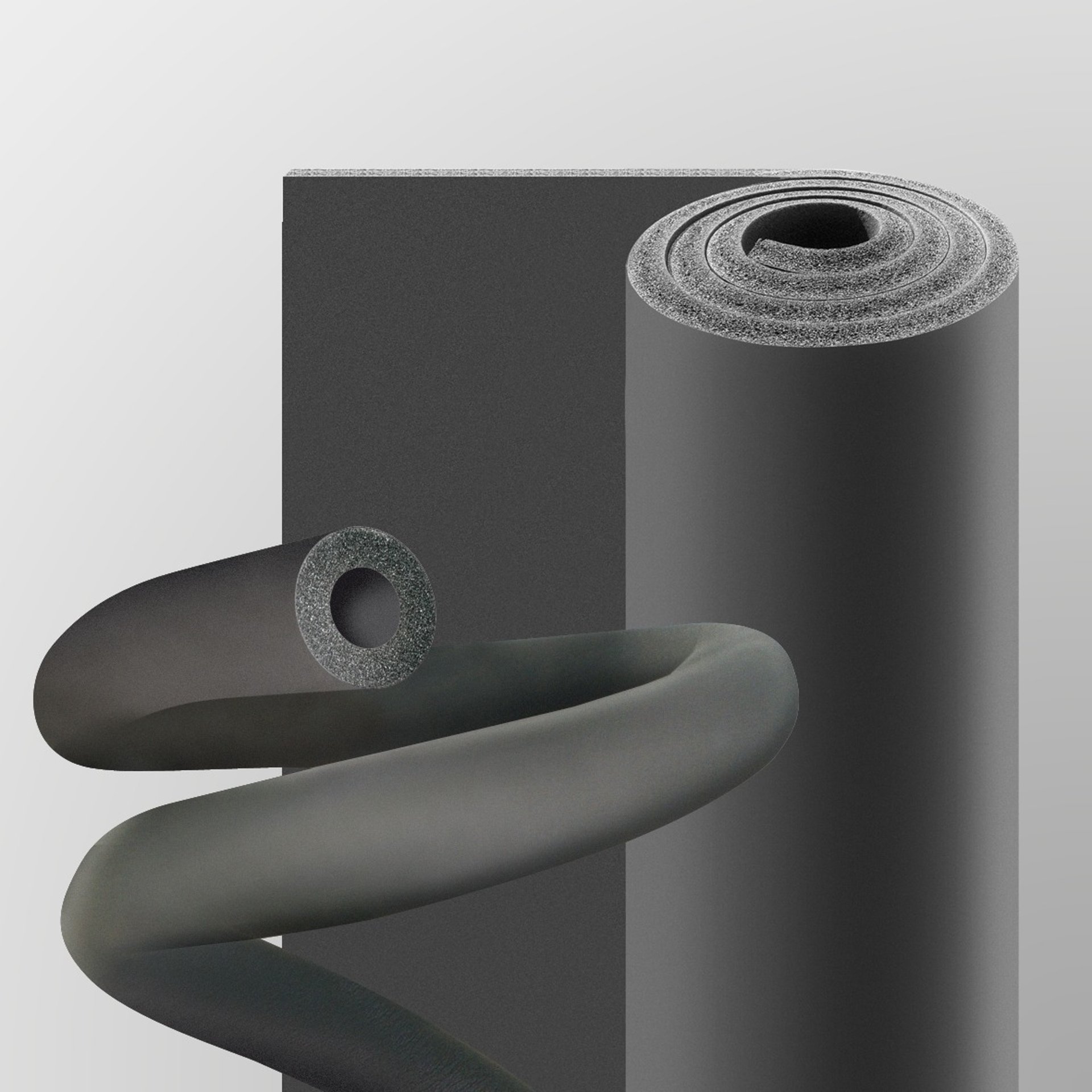
SALE OF INSULATION FOR PIPES AND ITS DIFFERENT TYPES
Are you in need of high-quality pipe insulation solutions? Look no further! Our company is proud to offer a wide range of top-of-the-line pipe insulation products that cater to various industrial needs. In this comprehensive guide, we will explore the different types of pipe insulation available in the market, their features, and the benefits they provide. By the end of this article, you will have the knowledge necessary to make an informed decision and choose the best insulation solution for your specific requirements.
The Importance of Pipe Insulation
Pipe insulation plays a critical role in various industries, including HVAC, oil and gas, chemical processing, and more. Proper insulation helps maintain the desired temperature of fluids being transported through pipes, reduces energy consumption, and prevents condensation-related issues. By investing in high-quality pipe insulation, you can enhance energy efficiency, reduce operating costs, and ensure the longevity and optimal performance of your infrastructure.
Different Types of Pipe Insulation
When it comes to pipe insulation, there are several options available, each with its unique features and advantages. Let's explore the most common types of pipe insulation in the market:
1. Fiberglass Insulation
Fiberglass insulation is one of the most widely used types of pipe insulation. It is composed of glass fibers that are woven together to create a flexible and durable material. Fiberglass insulation offers excellent thermal resistance, low thermal conductivity, and good sound absorption properties. It is also resistant to moisture and does not promote the growth of mold or mildew. Fiberglass insulation is suitable for a wide range of temperatures and is commonly used in HVAC systems, hot water pipes, and steam pipes.
2. Foam Insulation
Foam insulation is another popular choice for pipe insulation. It is made of closed-cell or open-cell foam, which provides excellent thermal insulation properties. Closed-cell foam insulation offers higher thermal resistance and better moisture resistance compared to open-cell foam. Foam insulation is lightweight, easy to install, and has good resistance to impact and vibrations. It is commonly used in refrigeration systems, chilled water pipes, and applications where moisture resistance is crucial.
3. Rubber Insulation
Rubber insulation, also known as elastomeric insulation, is a versatile option for pipe insulation. It is made of synthetic rubber materials, such as neoprene or EPDM (ethylene propylene diene monomer). Rubber insulation offers excellent thermal properties, is resistant to moisture and UV radiation, and provides good acoustic insulation. It is commonly used in HVAC systems, plumbing applications, and areas where flexibility and resistance to harsh environments are required.
4. Mineral Wool Insulation
Mineral wool insulation is made from natural or synthetic minerals, such as rock wool or slag wool. It offers excellent thermal insulation, fire resistance, and sound absorption properties. Mineral wool insulation is available in various forms, including blankets, boards, and loose fill. It is suitable for high-temperature applications, such as industrial ovens, furnaces, and steam pipes.
5. Reflective Insulation
Reflective insulation, also known as radiant barrier insulation, is designed to reduce heat transfer through radiation. It consists of a reflective material, such as aluminum foil, laminated to a substrate material. Reflective insulation is particularly effective in hot climates or applications where there is a significant temperature difference between the pipe and its surroundings. It is commonly used in HVAC ducts, water heaters, and applications where radiant heat needs to be controlled.
6. Polyurethane Foam Insulation
Polyurethane foam insulation is a high-performance option known for its exceptional thermal insulation properties. It is typically applied as a spray foam, which expands and adheres to the pipe's surface, providing a seamless and efficient insulation layer. Polyurethane foam insulation offers excellent thermal resistance, moisture resistance, and air sealing properties. It is commonly used in industrial applications, including oil and gas pipelines, district heating systems, and process piping.
Choosing the Right Insulation Solution
Now that you are familiar with the different types of pipe insulation available, it's essential to consider various factors when choosing the right insulation solution for your specific needs:
1. Temperature Range
Consider the temperature range of the fluid being transported through the pipes. Some insulation materials may have limitations in extreme temperatures, so it's crucial to choose an insulation type that can withstand the required temperature range without compromising its thermal properties.
2. Moisture Resistance
Evaluate the moisture levels in the environment where the pipes are located. If the pipes are exposed to high humidity or moisture, it's essential to choose an insulation material that is resistant to moisture absorption and does not promote the growth of mold or mildew.
3. Thermal Performance
Assess the desired level of thermal insulation required for your application. Different insulation materials offer varying thermal resistance and conductivity. Consider the insulation's R-value, which indicates its thermal resistance, to ensure that it meets the desired energy efficiency goals.
4. Acoustic Insulation
If noise reduction is a concern in your application, consider insulation materials with good sound absorption properties. Fiberglass, foam, and mineral wool insulation are commonly used for their acoustic insulation capabilities.
5. Environmental Factors
Take into account any specific environmental factors that may affect the performance of the insulation. For example, if the pipes are exposed to UV radiation or harsh chemicals, choose an insulation material that is UV-resistant or chemically resistant.
6. Installation Requirements
Consider the installation process and any specific requirements associated with it. Some insulation materials, such as spray foam, may require professional installation, while others can be easily installed using pre-formed sections or rolls. Assess the complexity of the installation process and determine whether professional assistance is needed.
